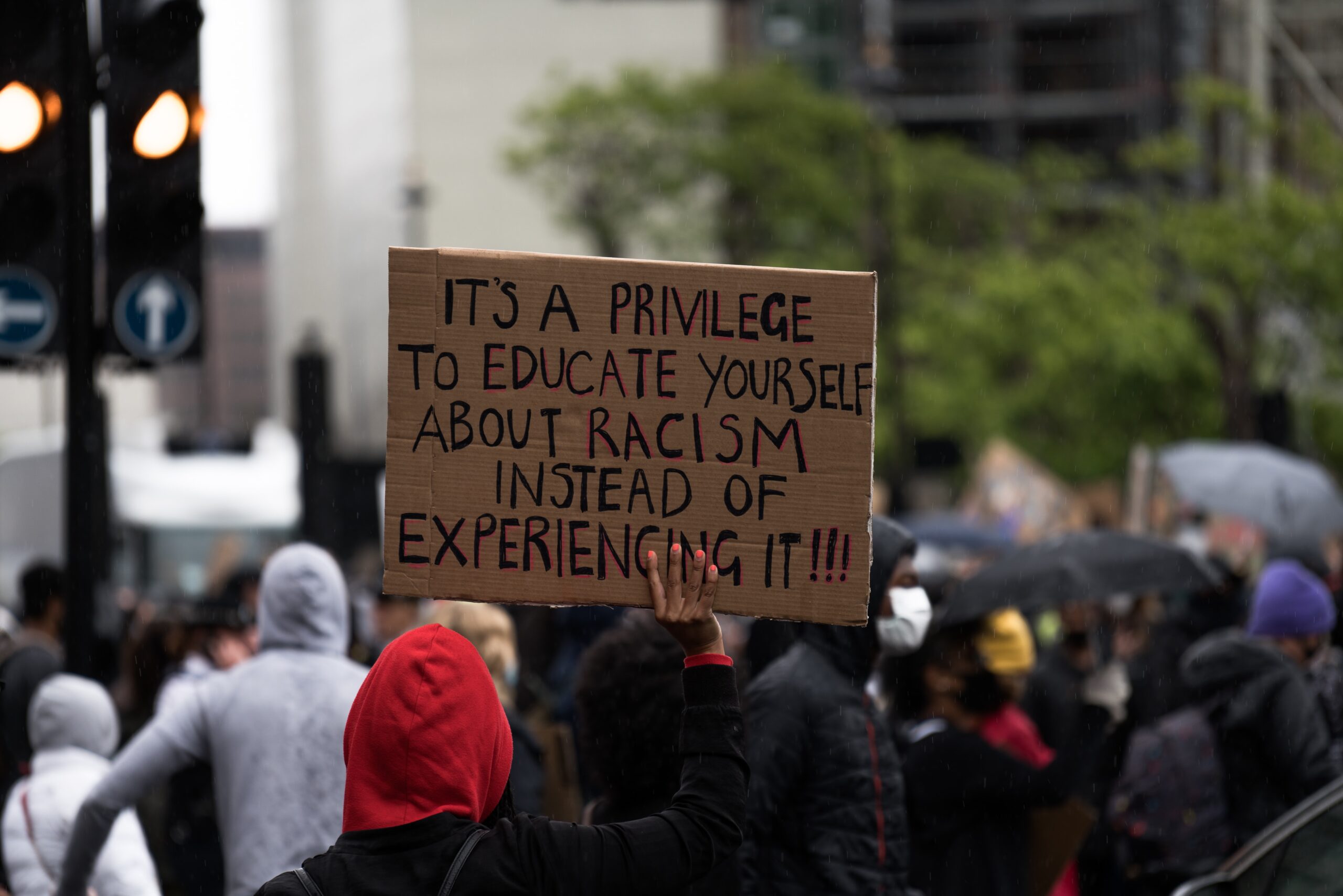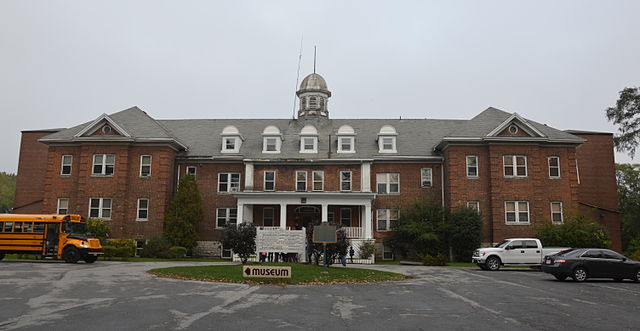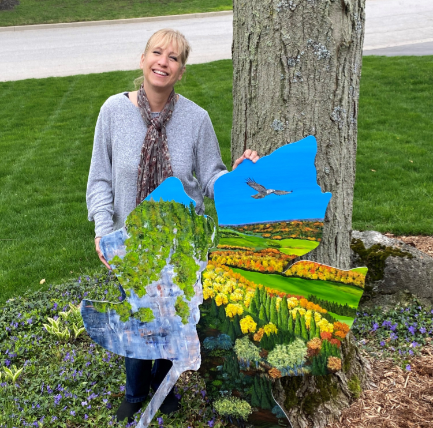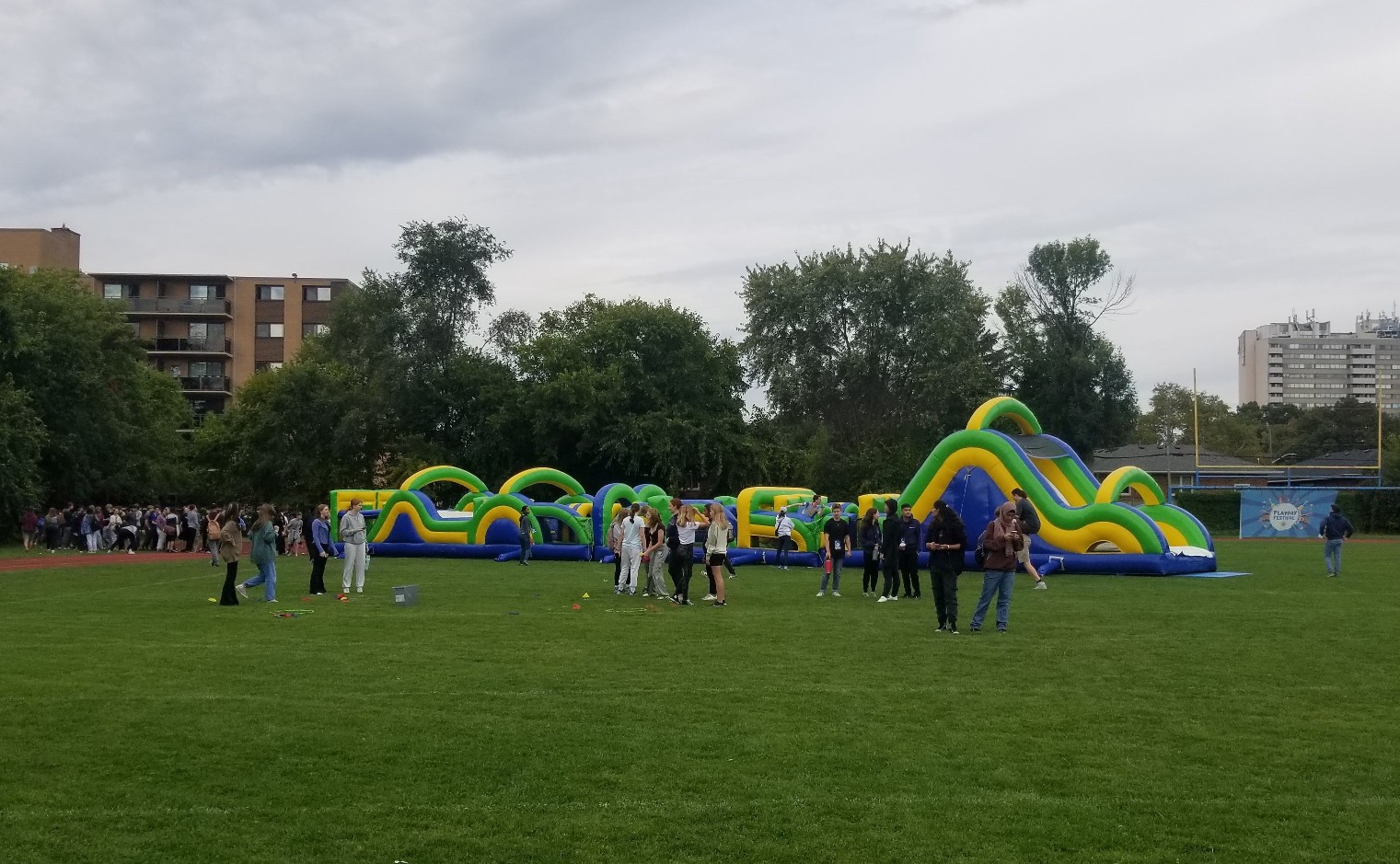By Maisha Hasan
Four letters, two syllables, one meaning. A word that chronicles how those surrounding me see me. It’s redundant, blunt, and harsh — worst of all, unknowing. It’s uncharted territory for either end. For me, I was born in Toronto and raised in its surrounding suburbs. I was not raised in Karachi, Lahore, Islamabad, or any other parts of that bustling country. I grew up in placid Mattamy Homes houses with American Girl dolls and lemonade stands. Though that is true, my own racial identity isn’t lost in this Western mirage of commodities. In my closet, next to Roots sweatpants and an Aritzia puffer, are carefully-lined dresses or shalwar kameez in coloured order. I eat rice and curry, salivating at the aroma, and look forward to fourteen-year-old girls overcharging me for mehndi each year. Till this winter, I was unapologetic about the debris I celebrated and collected, like little fireflies, from my parents’ homeland
Nobody warns you of hate crimes. There is no black cat that crosses your path or constant clouds of storm that permeate your day. It happens when you sit in your school’s library during an online marketing class where you try to write up a 900-word summary report on exemplary marketing throughout time. Then, it happens. The word sank into my skin, burning the outer layer and diluting its filthy ink into me. I take a moment to convince myself it didn’t happen, one last shred of dignity before jumping off the precipice. But it did. By the time I look back, I’m met with the four boys’ Bass Pro Shop hats and a litter of carelessly lewd jeering. I look around to see if someone heard, anyone at all, I’m practically begging with my eyes. I want to scream. The temptation to yell beckons and winks at me. I remain silent. Nobody saw or if they did, they made a careful procedure to not look at me.
In my history class, my teacher dedicated a lesson to perpetrators, bystanders, and upstanders. “Courage, courage, courage” is the word that leaves people’s mouths when I tell them about that day. Courage is what I should’ve had. I should have run after those guys, cussed them out, demanded their names, and brought them to the office. But I didn’t want to be the girl who was called a slur, I didn’t want to be the one who furiously stands up against racism, I just wanted to be a student. I want to go to school and feel safe enough to talk to a white person without worrying about their racist antics. I want to know that this is a community that has already evolved past racial discrimination. I want, I want, I want but I cannot enact change. Now my story remains an anecdote for fellow people of colour, kids like me who share their own stories of students’ racism towards them.
Since then, the casual racism towards myself and my peers has only flourished and I continue to hold the weight of it. If I could go back to that winter day, I wouldn’t have done anything differently because, and let me emphasize this: it should not be a child’s job to stop the people around them from being racist. I applaud those who do but it should not be the standard, that something bad happens to me and I’m also the one who has to educate. That responsibility lies in the hands of teachers, parents, friends, siblings, and literally anyone else. One day, I hope I no longer carry the fear of being racially victimized but I also hold the hope that the community around me gives me good reason not to be scared.
Maisha Hasan is a high school student born in Toronto and resides in Waterdown. Growing up, she was fascinated with giving a voice to issues deemed too uncomfortable to talk about and exploring fantastical worlds. Now she holds the title of Youth Ambassador at the Halton Women’s Place, is the editor of her school paper, has been allowed to volunteer for TIFF, and more. She spends her leisure shrouded in literature, music, films, and nature. Maisha aspires toward a career in journalism and law.





